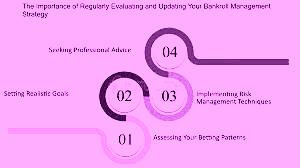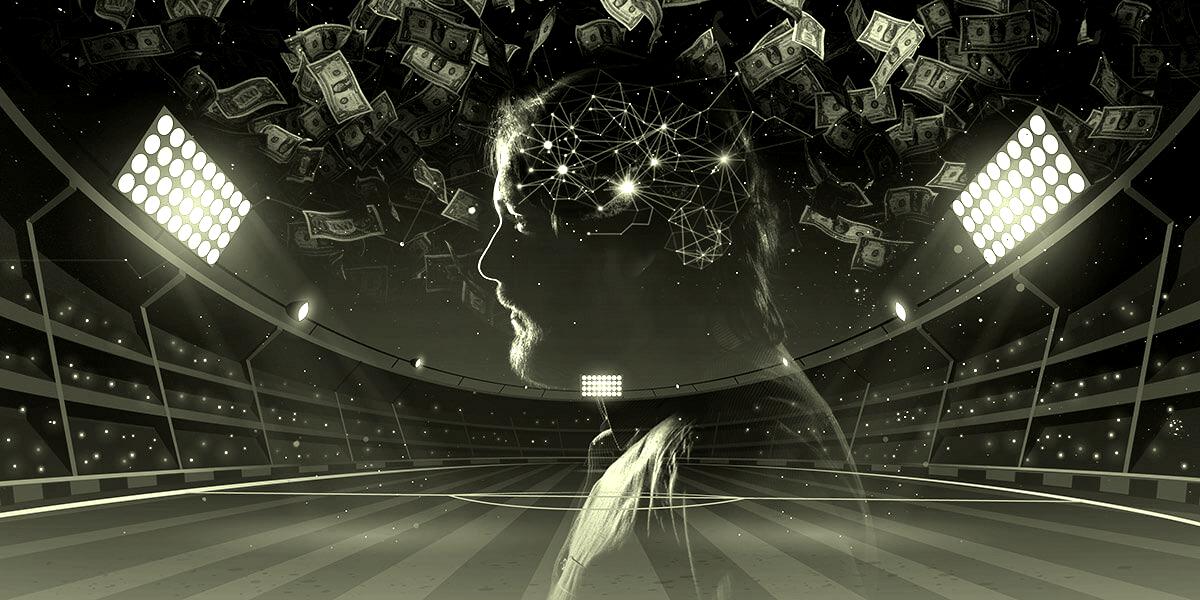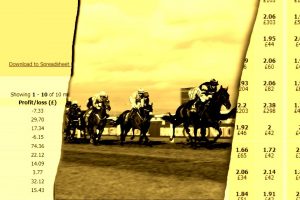Psychology plays a crucial role in sports betting, influencing decision-making, emotions, and overall performance. Understanding the psychological aspects of sports betting can help bettors make better decisions and improve their betting experience. Here’s a look at the role of psychology in sports betting:
Cognitive Biases
Cognitive biases are mental shortcuts that can lead to irrational decision-making. Here are some common cognitive biases in sports betting:
- Confirmation Bias: The tendency to seek information that confirms pre-existing beliefs and ignore contradictory evidence.
- Gambler’s Fallacy: The belief that a random event is more likely to occur because it has not occurred recently.
- Hindsight Bias: The tendency to see past events as more predictable than they actually were.
- Overconfidence Bias: The tendency to overestimate one’s abilities and knowledge.
Emotional Influences
Emotions can significantly impact betting decisions. Here are some emotional influences to be aware of:
- Fear of Missing Out (FOMO): The fear of missing out on a winning bet can lead to impulsive betting.
- Greed: The desire for quick profits can lead to risky bets and chasing losses.
- Anxiety: The fear of losing can lead to conservative betting and missed opportunities.
- Excitement: The thrill of winning can lead to overconfidence and risky bets.
Strategies for Managing Psychological Factors
Here are some strategies for managing psychological factors in sports betting:
- Set Realistic Goals: Set achievable goals and stick to them to avoid emotional betting.
- Practice Mindfulness: Stay present and focused to avoid impulsive decisions.
- Use Data and Analysis: Rely on data and analysis to make informed decisions and avoid emotional biases.
- Take Breaks: Take regular breaks from betting to maintain a clear mind and avoid emotional decision-making.
Comparison Table
| Psychological Factor | Description | Impact |
|---|---|---|
| Confirmation Bias | Seek confirming information | Irrational decision-making |
| Gambler’s Fallacy | Believe in patterns in random events | Poor betting decisions |
| Hindsight Bias | See past events as predictable | Overconfidence in future predictions |
| Overconfidence Bias | Overestimate abilities | Risky bets |
| FOMO | Fear of missing out | Impulsive betting |
| Greed | Desire for quick profits | Risky bets and chasing losses |
| Anxiety | Fear of losing | Conservative betting |
| Excitement | Thrill of winning | Overconfidence and risky bets |





